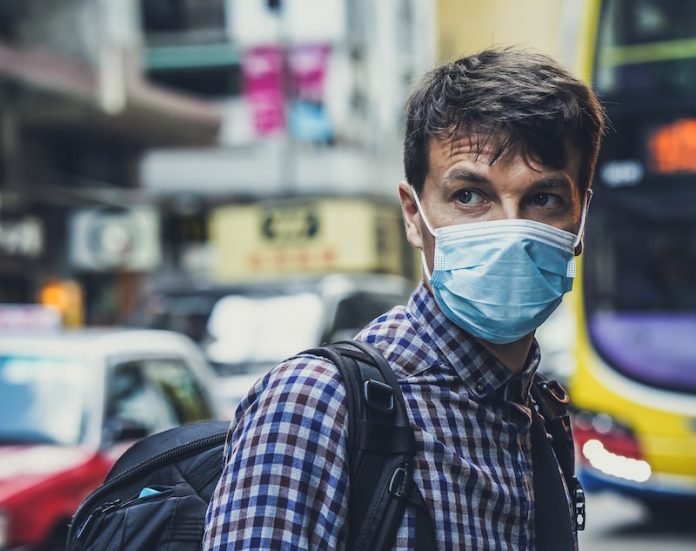
In a new study, researchers found that for every two deaths attributed to COVID-19 in the U.S., a third American dies as a result of the pandemic.
They found that deaths between March 1 and Aug. 1 increased 20% compared to previous years—maybe not surprising in a pandemic.
But deaths attributed to COVID-19 only accounted for 67% of those deaths.
The study also showed suggestive evidence that state policies on reopening early in April and May may have fueled the surges experienced in June and July.
The research was conducted by a team at Virginia Commonwealth University and elsewhere.
This study, with data from March to Aug. 1, builds on a previously published JAMA article by the same authors from VCU and Yale University that focused on data from March to May 1.
And it brings in new data about the timing of when states lifted restrictions on social distancing.
States like New York and New Jersey, which were hit hard early, were able to bend the curve and bring death rates down in less than 10 weeks.
Meanwhile, states such as Texas, Florida, and Arizona that escaped the pandemic at first but reopened early showed a protracted summer surge that lasted 16-17 weeks—and was still underway when the study ended.
The gap between reported COVID-19 deaths and all unexpected deaths can be partially explained by delays in reporting COVID-19 deaths, miscoding, or other data limitations, the team says. But the pandemic’s other ripple effects could explain more.
Some people who never had the virus may have died because of disruptions caused by the pandemic.
These include people with acute emergencies, chronic diseases like diabetes that did not properly care for, or emotional crises that led to overdoses or suicides.
The team warns that long-term data may show a broader impact of the pandemic on mortality rates.
Cancer patients who have had their chemotherapy disrupted, women who have had their mammograms delayed—preventable, early deaths may increase in the coming years.
Diabetes complications that aren’t being managed properly could lead to kidney failure and dialysis. And behavioral health issues, like emotional trauma, are going untreated.
The team worries most about the lasting effects on children—long-term, generational outcomes.
The CDC has rushed out provisional mortality data this year because of the pandemic.
More reliable, granular detail will come out later and allow researchers to unpack the detailed contributors to excess deaths and secondary health impacts of the pandemic.
One author of the study is Steven Woolf, M.D., the director emeritus of VCU’s Center on Society and Health.
The study is published in the Journal of the American Medical Association.
Copyright © 2020 Knowridge Science Report. All rights reserved.



